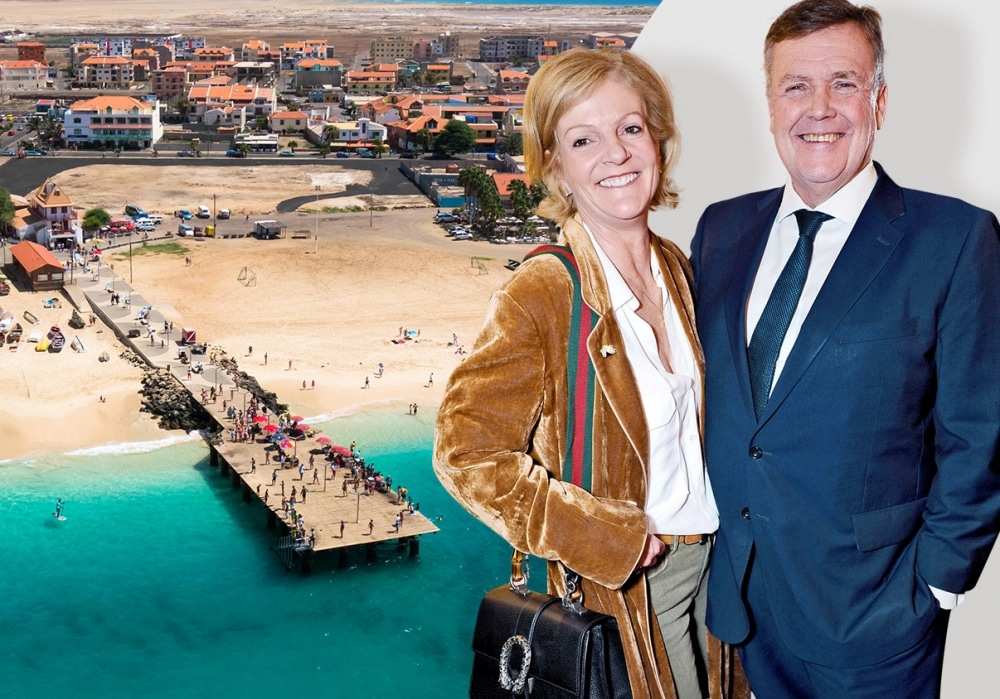According to the latest filings on Companies House, joint administrators Smith and Williamson and FRP Advisory said the administration of the mini-bond provider will now end on January 29, 2024.
This would mean the administration process would reach five years if the investigation lasts that long.
LCF collapsed in January 2019 after the city watchdog, the Financial Conduct Authority (FCA), froze its bank accounts because of its marketing practices for minibonds.
The Tunbridge Wells firm was offering returns as high as eight per cent and selling the products as being similar to ISAs, although they had none of the same protections.
The investment company that was based in Eridge Road, was set up by Tunbridge Wells businessman and former local Conservative Association chairman, Simon Hume-Kendall.
Mr Hume-Kendall eventually stepped down from the company but went on to become its largest borrower of funds through his business London Oli & Gas (LOG), which also collapsed after LCF fell into administration.
The scandal is currently the subject of a High Court action in which Mr Hume-Kendall and 12 others connected to LCF are being sued by the administrators for £178million over alleged fraud.
Also being sued is Mr Hume-Kendall’s wife, Helen Hume-Kendall, Equestrian businessman Spencer Golding of Crowborough, former LCF CEO Andy Thompson, Hadlow Down businessman and former LOG director Elten Barker.
Former Conservative energy minister Charles Hendry is also among those named in the legal claim by administrator Smith & Williamson after he became a consultant for LCF.
in filing their legal action, which is subject to reporting restrictions, Smith & Wiliamson have alleged that money from LCF investors went on horses, a helicopter and land for a holiday resort in the Dominican Republic, in what the adminstrator decribed as ‘highly suspicious transactions’.
Mr Hume Kendall and his wife Helen are also reported to have spent the proceeds on a membership of Annabel’s private members’ club in London’s Berkeley Square.
The collapse of LCF is also the subject of an investigation by the Serious Fraud Office (SFO), which arrested five individuals connected with LCF in 2019, but have so far filed no charges.
The SFO has also interviewed a number of people in the Kent and East Sussex area on suspicion of money laundering offences in connection with LCF’s collapse.
Already, the costs connected with the administration of LCF has exceeded more than £7million and are set to rise if the case drags on until January 2024.
When LCF collapsed more than 11,000 bondholders lost investments including pension pots and life savings.
In April last year, the Treasury announced it will establish a scheme that will refund 80 per cent of LCF bondholders’ initial investment.
The money, up to a maximum of £68,000, is expected amount to around £120million in compensation that will be paid by UK taxpayers due to LCF not being regulated by the FCA.








